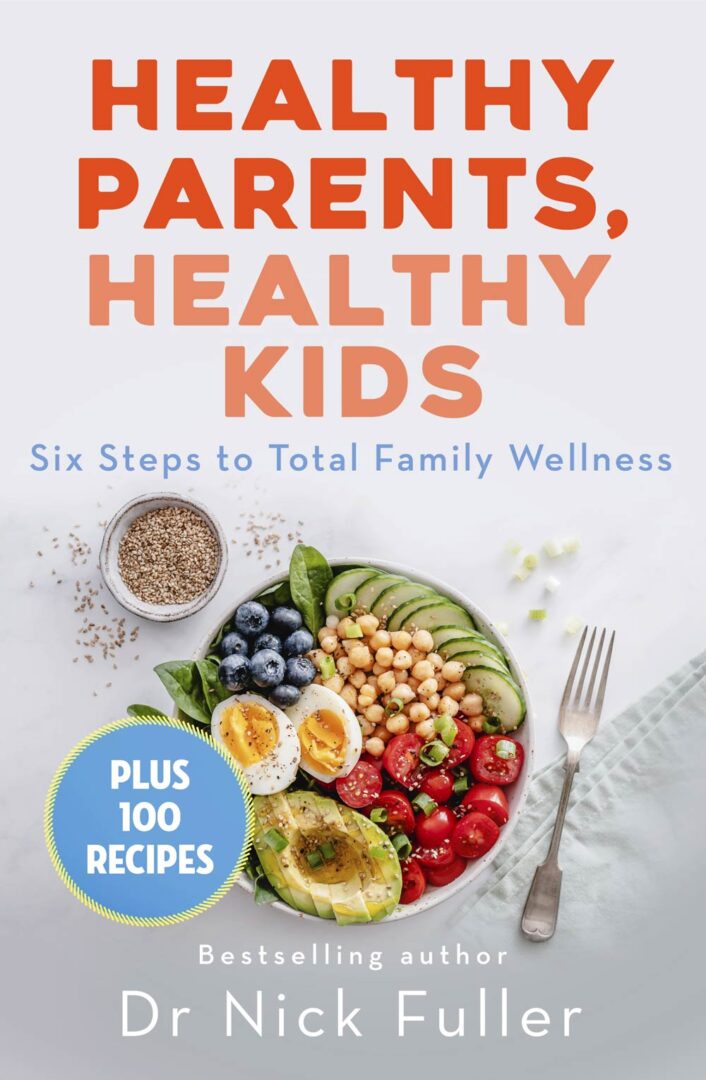
01 Aug Children and sleep deprivation
Sleep deprivation is no joke for new mums and dads, writes Dr Nick Fuller
It can also be challenging for those with older children or teens. Just when you manage to get on top of all the sleep issues caused during pregnancy, new problems can arise, and therefore, most women need to pay close attention to their sleep after they give birth. Each person will experience different challenges, but the most common relate to the frequency of the feeding schedule, difficulties getting your child to fall asleep and developmental challenges such as teething and growth spurts. Before allowing your sleep deprivation to hit rock bottom, you should implement the following tips:
1. Change your usual routine. You may think that turning on the TV after your child goes to sleep is your time to unwind and relax, but it’s going to do more harm than good. Not only will it increase your chance of comfort eating, but it’s also going to see you getting less rest. You need to adjust your sleep routine after your child is born and ensure you go to bed at the same time each night, and much earlier than you are used to, in order to compensate for the night-time waking up that is unavoidable for at least the first few months.
2. Seek professional help and implement sleep training. There are various methods, and I’m not here to add to the collection of sleep training books, but it’s something you should consider well before problems arise, often as early as four months of age.
3. Sleep when your child sleeps. There is no harm in lying down when your child does if you can. While it’s not always possible to sleep, even a 20-minute nap can help.
4. If you have friends and family nearby who want to help, accept their offers. It might give you that little bit of assistance you need to ensure extra rest.
5. Consider pumping or using formula. If you have a partner or someone who can help, pump some breastmilk ahead of time so they can take control of one of the feeding shifts. You can also try using formula for specific feeds.
6. Consider that older children and teenagers are often most communicative before bedtime. Allowing them ample opportunity and plenty of attention during and after the evening meal can help account for this and prevent the situation where you go to bed later than expected.

Dr Nick Fuller is an internationally recognised health expert who has worked in both corporate and academic settings. He is also a leading obesity researcher and has university degrees in exercise physiology, nutrition and dietetics and a doctorate in obesity and weight management.
He is currently responsible for the clinical research program within the Boden Initiative, located within the Charles Perkins Centre at the University of Sydney. He is a father of two children.
For more information, visit:
www.feedingfussykids.com and www.intervalweightloss.com.
Healthy Parents, Healthy Kids by Dr. Nick Fuller, pub by Penguin Random House RRP $37.
Available in Paperback, Audio and EBook.


